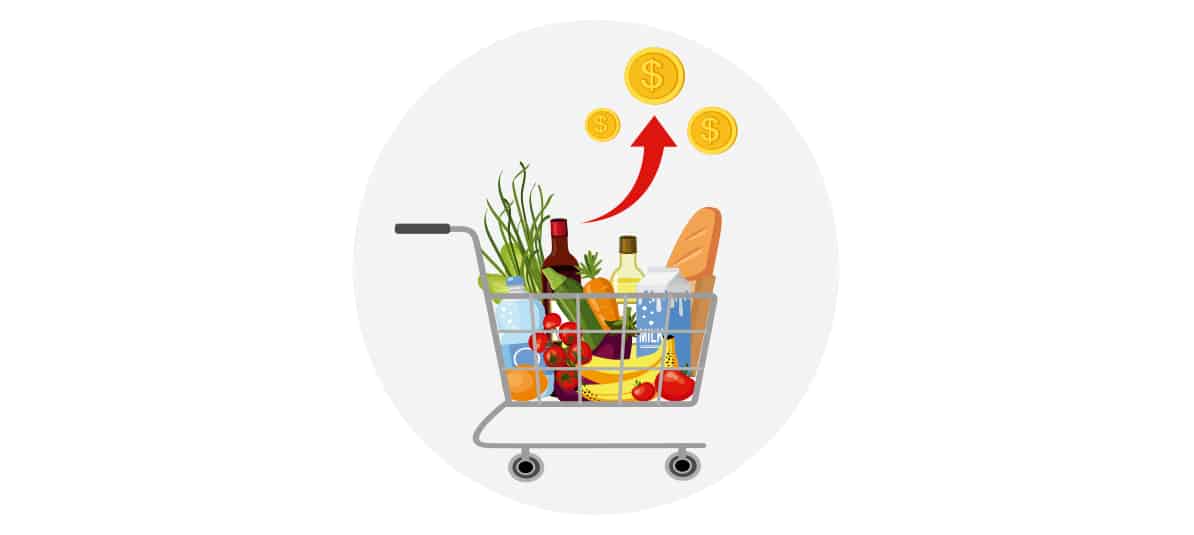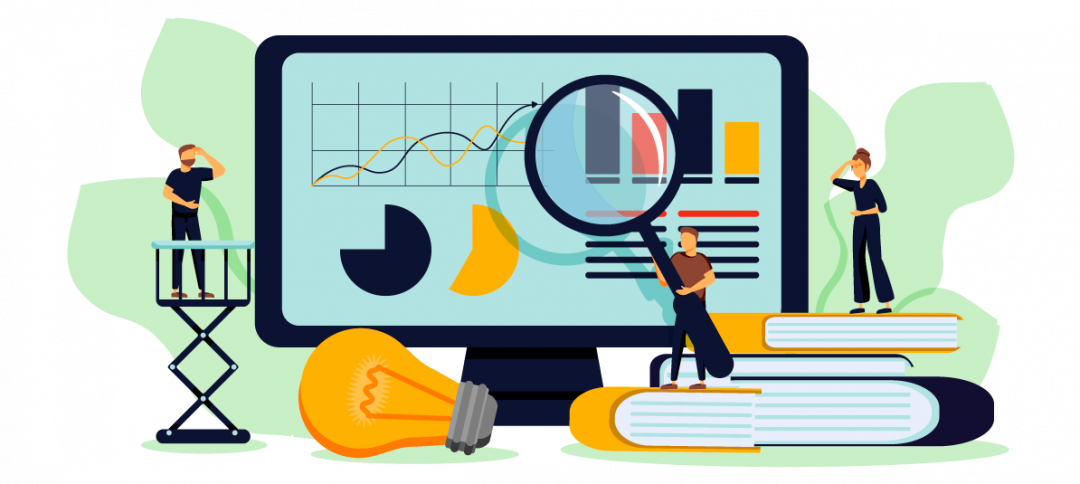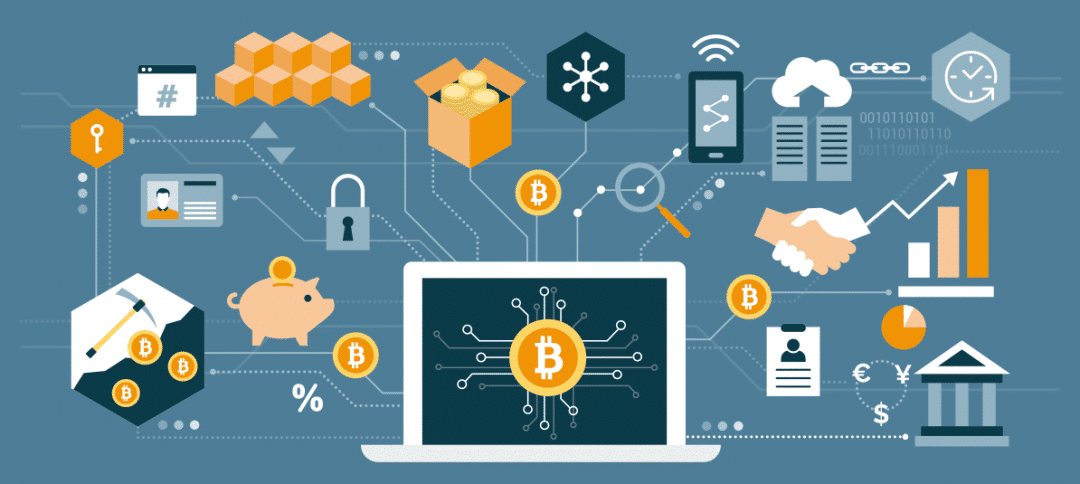Moreover, with rising inflation, this figure has continued to grow (the data is from 2022), as the shopping basket is one of the areas where prices have risen the most. In this situation, more and more people are looking for ways to save at the supermarket.
Here are some ways to reduce your supermarket budget and save on your shopping:
Shop at the cheapest supermarket
According to a report by the OCU, the difference between shopping at the cheapest supermarket and the most expensive is 994 euros per year. This figure triples in some cities like Madrid, where the difference is 3,529 euros each year.
In contrast, in Cuenca, Segovia and Pontevedra, choosing the cheapest supermarket will only save around 520 euros per year.
And which are the cheapest supermarkets? The list varies from city to city, but according to OCU data, the chains with the most affordable prices are Tifer, Dani, Family Cash and Alcampo. At the national level, in addition to Alcampo, these include Lidl, Mercadona and Carrefour, in that order.
Draw up a budget of how much you want to spend
Want to keep your supermarket spending in check? Prepare a budget and decide how much you are going to spend on food each month.
Ideally, you should review what you have spent over the last few months and adjust the figure with this in mind. As with monthly savings, it is not advisable to go from 0 to 100 in a short period of time because this change will be very noticeable and it is easy to end up breaking your initial budget.
Make a shopping list
One of the most useful tricks for spending less at the supermarket is to have a shopping list that includes what you are going to buy. This way you avoid the temptations that fill the supermarkets.
Plus, this way of shopping will also help you to eat more healthily, if you want to. This is because most unplanned purchases at the supermarket are related to indulgences and undesirable foods.
Buy private-label brands
A classic tip for adjusting your shopping list, and one that is becoming increasingly important. And the fact is that rising prices have boosted private label consumption.
According to a study by NielsenIQ, the purchase of private labels has risen from 39% in 2015 to 48% today, having increased its use by two percentage points in both 2022 and 2023.
Behind this increase is a change of consumer habits and the fact that more and more supermarkets are opting for their own brands.
Use baskets instead of trolleys or choose a smaller cart
It may seem silly, but your brain wants to fill your shopping cart, whether it’s the smallest or the largest. As long as you see gaps, you will keep thinking that there is room to buy more. It is as simple as that.
Added to this is the fact that no one likes to play Tetris with their shopping. Before you get to that point, you will head over to the cash register to pay.
That is why, when in doubt, you should always choose the smallest cart. Your pocket will thank you.
Compare the price by weight or unit
How can you tell if one product is more expensive than another? The secret is not in the final price, but in the cost per kilo or per unit, depending on the product.
This is how you should compare products if you want to choose the cheapest.
Buy in bulk
In the same vein, larger packages and products tend to be cheaper. Buying in bulk is a good way to save on your shopping.
Of course, avoid falling into the trap of buying too much, especially perishable products.
Pay in cash
Paying in cash is much less convenient than paying with a card, but it’s also a way to make sure you don’t spend more than you planned and to be more aware of how much you spend.
If you prefer not to carry cash, you could use a prepaid card.
Adapt your meals
Fresh foods make up the bulk of most shopping lists, in addition to cleaning and hygiene products.
Do you want to save money at the supermarket? Adapt your diet to cheaper foods, but don’t go overboard. It is not about eating rice and pasta every day, but about putting more vegetables on the menu, which tend to be cheaper than meat or fish.
And if you have to choose, go for seasonal fruits and vegetables, which are usually cheaper and also more sustainable from an environmental point of view.
Make simpler dishes
This is an extension of the previous saving trick: cook simpler food that doesn’t need as many ingredients and that is less exotic.
Don’t go to the supermarket when you are hungry
Going to the supermarket when you are feeling hungry will make you buy more food to satisfy that hunger. Plus, you’ll usually buy less healthy food than when you shop on a full stomach.
Take advantage of loyalty cards
Cashback offers are your friend when it comes to shopping. Supermarkets have been rewarding customer loyalty for years and you can take advantage of this to pay less on your shopping by accumulating money in your savings check or through member-only discounts.
Coupons too
A complement to these loyalty cards are coupons from major brands. Knowing that they are more expensive than private label brands, many of them have discount coupons for buying or trying their products.
These coupons can give you a direct discount at checkout or refund the money once you prove that you have purchased the product. This is an ideal way to save without giving up your favorite brands.
Learn your way around the supermarket
Finally, you can also spend much less if you learn how to move around the supermarket. Doing this is easier than you think and can be summed up in four specific tips:
- Go to the discounts section first, not to look for bargains, but to see if any of the products on your list are on sale.
- Look up and down. The best-priced products are often on the top or bottom shelves. The supermarkets put the ones they want you to buy at eye level. These give them the most profit.
- Avoid the inner aisles, unless you have to buy something from there.
- Do not follow the route marked in the supermarket, make your own.
Follow these tips and you will be able to reduce your supermarket spending, and your pocket will thank you at the end of the year.









